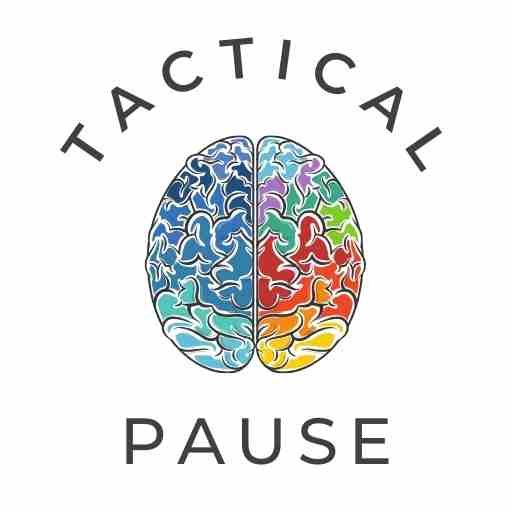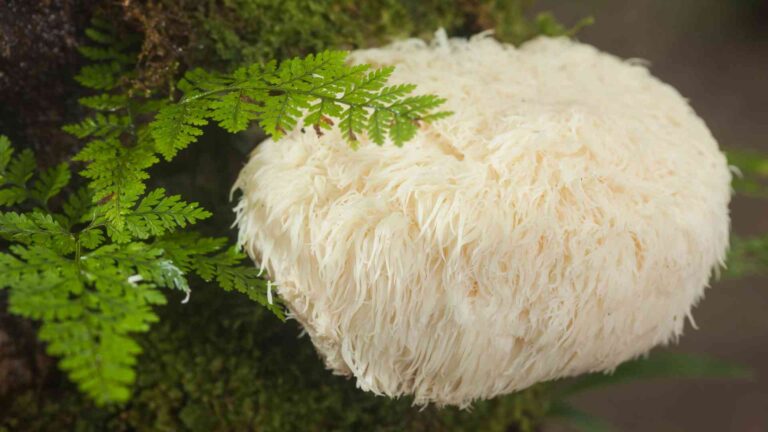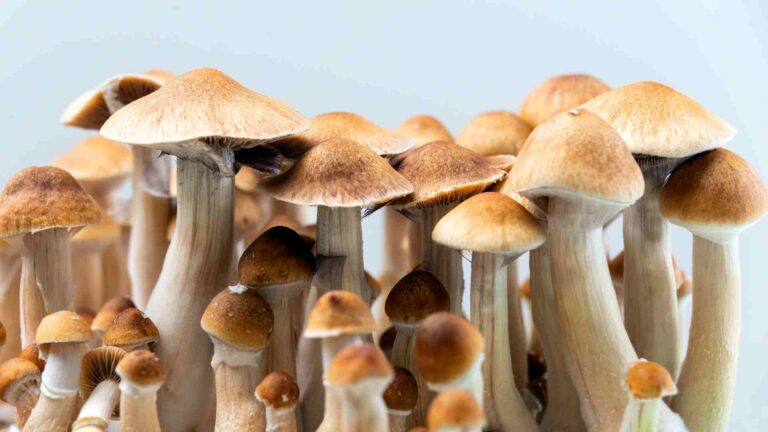Cordyceps Mushroom: Boosting Brain Health and Function
Cordyceps mushroom, also known as “Caterpillar fungus,” has been used for centuries in Traditional Chinese Medicine for its medicinal properties. In recent years, Cordyceps mushroom has gained popularity in the West for its potential brain-boosting benefits. In this blog post, we will explore the scientific evidence supporting the use of Cordyceps mushroom for brain health and function.

Brain Health:
Cordyceps mushroom contains a variety of bioactive compounds, including polysaccharides, cordycepin, and adenosine, that have been shown to have neuroprotective effects. A study published in the Journal of Pharmacological Sciences found that Cordyceps mushroom extract reduced oxidative stress in the brain, which can lead to neurodegenerative diseases such as Alzheimer’s and Parkinson’s. Another study published in the Journal of Ethnopharmacology found that Cordyceps mushroom extract improved learning and memory in mice. Learn more about how Cordyceps mushrooms improve the brain below:
Cognitive Function:
Cognitive function encompasses a range of mental processes such as attention, memory, and decision-making. Cordyceps mushroom has been shown to improve cognitive function in several studies. A randomized, double-blind, placebo-controlled trial published in the Journal of Alternative and Complementary Medicine found that Cordyceps mushroom improved cognitive function in elderly participants. Another study published in the Journal of Dietary Supplements found that Cordyceps mushroom improved cognitive function in young adults.
Memory:
Memory is a crucial aspect of cognitive function that declines with age. Cordyceps mushroom has been shown to improve memory in several studies. A study published in the Journal of Alzheimer’s Disease found that Cordyceps mushroom extract improved spatial memory in mice with Alzheimer’s disease. Another study published in the Journal of Traditional and Complementary Medicine found that Cordyceps mushroom improved memory in healthy elderly participants.
Neuroprotection:
Neuroprotection refers to the ability to protect the brain and nervous system from damage. Cordyceps mushroom has been shown to have neuroprotective effects in several studies. A study published in the journal Nutrients found that Cordyceps mushroom extract protected against neuronal damage in mice with Parkinson’s disease. Another study published in the Journal of Neuroimmune Pharmacology found that Cordyceps mushroom extract protected against neuronal damage in mice with traumatic brain injury.
Anxiety and Depression:
Anxiety and depression are common mental health disorders that can affect cognitive function. Cordyceps mushroom has been shown to have anxiolytic and antidepressant effects in several studies. A study published in the Journal of Ethnopharmacology found that Cordyceps mushroom extract had anxiolytic effects in mice. Another study published in the Journal of Alternative and Complementary Medicine found that Cordyceps mushroom improved depression and anxiety symptoms in elderly participants.
Sleep:
Sleep is essential for cognitive function and overall health. Cordyceps mushroom has been shown to improve sleep quality in several studies. A study published in the Journal of Medicinal Food found that Cordyceps mushroom extract improved sleep quality in people with sleep disorders. Another study published in the Journal of Ethnopharmacology found that Cordyceps mushroom extract improved sleep quality in mice.
Conclusion
Cordyceps mushroom has numerous potential benefits for brain health and function. It has been shown to improve cognitive function, memory, neuroprotection, anxiety and depression, and sleep. While more research is needed to fully understand its effects, Cordyceps mushroom is a promising natural supplement that may provide significant benefits for brain health.




